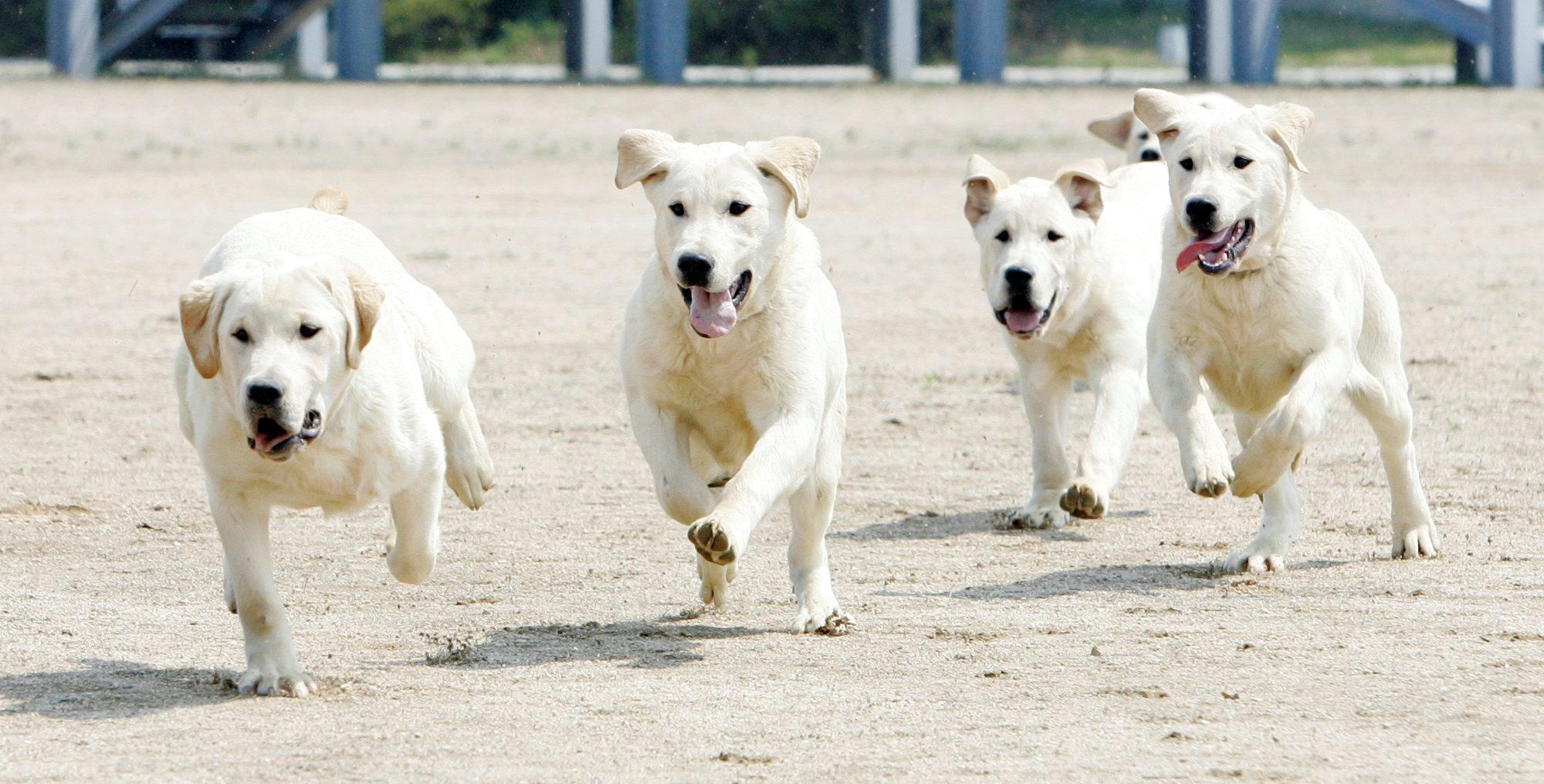Sometimes we may forget, but cold weather and sudden temperature changes also affect our dogs and cats, increasing the incidence of certain diseases that can worsen if not addressed properly.
"Cold and humidity are two factors that can predispose animals to respiratory problems, especially in dogs and cats with weakened immune systems or advanced age. Therefore, it is crucial to be attentive to any signs of discomfort in order to act preventively," explains Nuria Gómez Constanzo, a veterinary expert from Clinicanimal, the veterinary center network of Tiendanimal.
Prevention Tips for Cold Weather
Among the most common respiratory diseases during this time of year, in the case of dogs, is canine infectious tracheobronchitis, commonly known as 'kennel cough'. It is a flu-like illness caused by various microorganisms (Bordetella bronchiseptica, distemper virus, CAV-1, CAV-2, and canine parainfluenza virus). These viruses spread through the environment via aerosols (sneezing or coughing) or by contact with contaminated items like food or water bowls.
What symptoms does 'kennel cough' cause? Dogs exhibit a persistent cough that usually worsens at night and may also have a fever at times. The condition can last one, two, or even three weeks. The main treatment involves the use of antibiotics such as Doxycycline and Amoxicillin-Clavulanic acid, always under veterinary prescription. Additionally, cough relief can be provided with Hydrocodone or Codeine.
In cats, the most common condition is feline viral rhinotracheitis, also known as feline flu, a respiratory tract infection caused by feline herpesvirus type I.
Cold weather and exposure to humid environments or sudden temperature changes increase the chances of contracting these diseases, especially in very young or old animals or those with compromised immune systems. To reduce the risk, it is advisable to avoid prolonged exposure to low temperatures, ensure that the dog or cat has a warm, clean, and dry space, and keep their vaccinations and deworming up to date.
Additionally, it is essential to consider joint pathologies such as arthritis, which tend to worsen during the colder months. In this regard, it is important to note that in elderly dogs and cats, symptoms of pain and stiffness may intensify, reducing both their mobility and quality of life. To alleviate these conditions, Tiendanimal specialists recommend providing our animals with warm and comfortable beds, avoiding sudden temperature changes, and considering the use of supplements that can help strengthen the joints, always under veterinary supervision.
Deworming, a Priority in Winter Too
Although more attention is paid to colds and joint problems in winter, deworming remains crucial when the cold sets in because some parasites can persist in the environment or even multiply in areas of our homes that are particularly warm due to heating. "We must not forget that both internal and external parasites can affect dogs and cats in any season, and maintaining a consistent deworming schedule is essential to prevent infections and diseases," adds veterinarian Gómez Constanzo.
To ensure good health in winter, it is recommended to review the vaccination and deworming schedule, provide a balanced diet tailored to each animal's specific needs, and conduct regular veterinary check-ups. These basic care measures, along with a warm and protected environment, allow dogs and cats to enjoy winter without jeopardizing their well-being.
